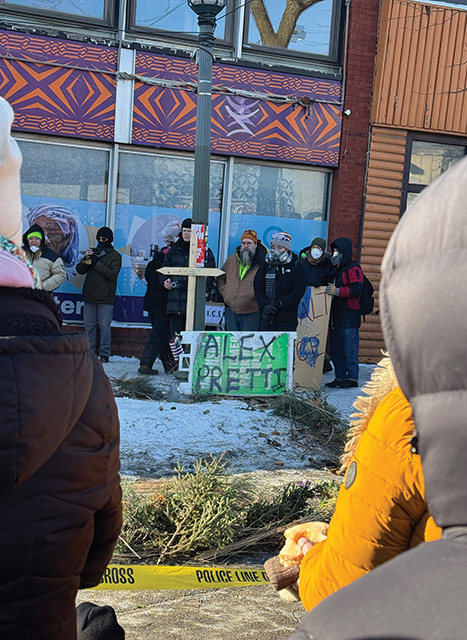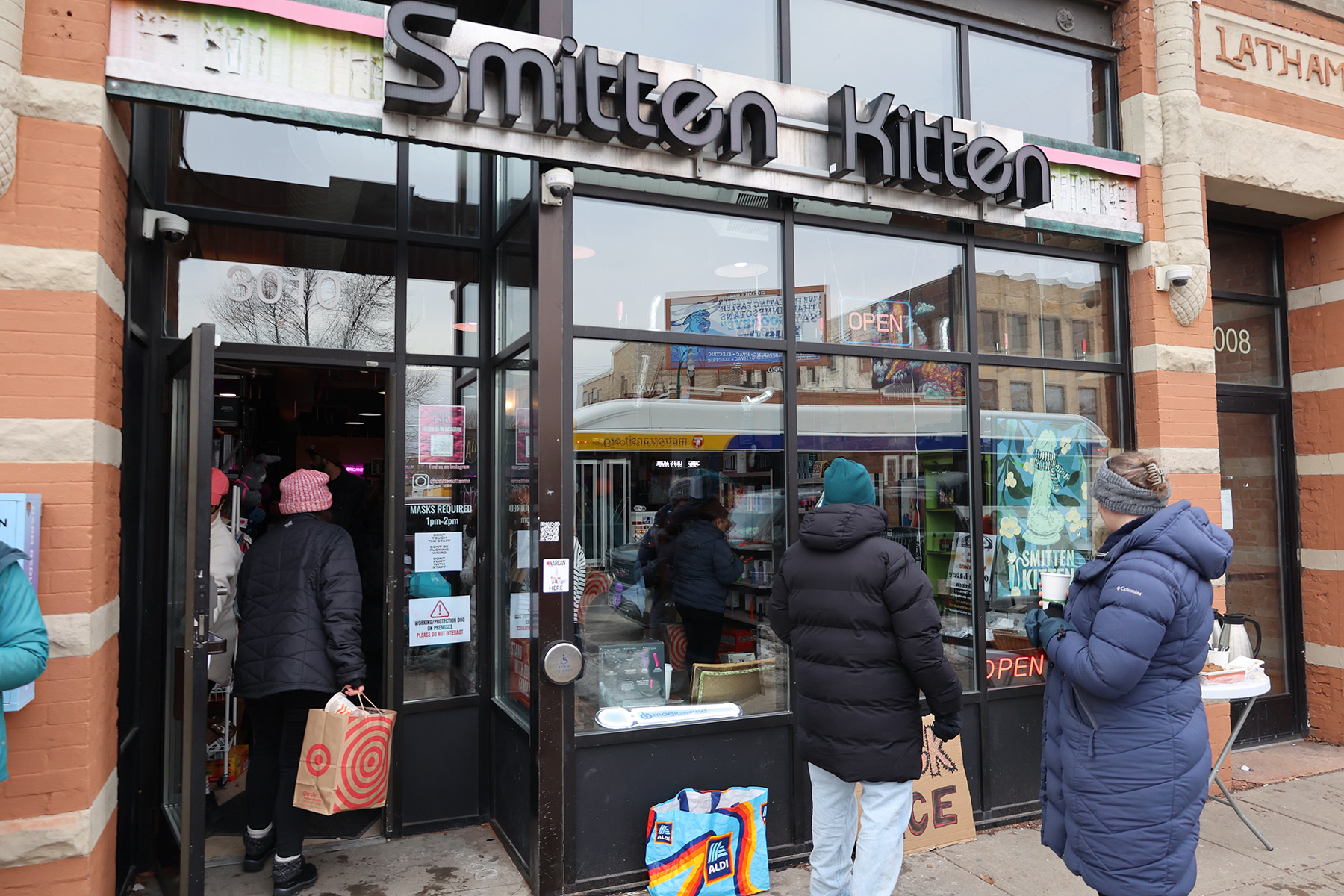At their Oct. 17 meeting, the City Council unanimously approved a permit for the 24/7 recuperative care center serving the homeless at 1801 Nicollet, and the matter is now under mayoral review.
By the time this article is published, it will likely have been approved. There was no discussion at the meeting, and the concerns of neighboring businesses, the Stevens Square Neighborhood Association, a childcare center and residents went unheard.
A review of the documentation from the approval process reveals many contradictions. At times, the facility is described as housing for the homeless to align with the 2040 plan, while at other times, its medical purpose is emphasized.
City planning staff noted that neighborhood feedback alone could not be used as grounds for denying the permit. Yet the intern who wrote the request to the city claimed that no community feedback was received.
These discrepancies can be found in the city’s Legislative Information Management System under 2024-00979.
Even if public opposition alone cannot prevent the project, the substance of the comments submitted should have been given serious consideration by the City Council and planning committee.
It appears they were not. Had they been, serious questions would likely have been asked of Accord Health Services:
If none of the first seven reasons gave the planning commission and City Council pause, the eighth should have.
Ongoing fraud investigations in the state include cases involving translators and transportation for medical services, autism evaluation centers, personal care assistants for the elderly, daycare centers and the Feeding Our Future case — the largest pandemic fraud case in the country, involving $250 million. Consider this finding, reported in the Minnesota Reformer in August 2023:
“About half of the people charged by the U.S. Department of Justice with stealing hundreds of millions from a federal program to feed children during the pandemic have been paid tens of millions more in state money for services such as providing childcare and assisting seniors and people with disabilities.”
Recovering ill-gotten gains after fraud has been committed is extremely difficult. As the Feeding Our Future investigation revealed, not only was the money spent on lavish trips, cars and homes, but it was also invested overseas, making it inaccessible to U.S. authorities. Some of the defendants who pled guilty may leave jail as wealthy individuals.
It’s baffling to outsiders that the planning commission and City Council failed to recognize the obvious red flags surrounding these centers.
The state has functioned for years without them, so why the sudden urgency? It seems illogical to allow these facilities to proceed before the state establishes basic standards and procedures.
As a medical facility, they should undergo review by a medical board. As a for-profit company billing $9,000 per month per patient to Medicaid, strict auditing and financial controls are essential.
These are fundamental business practices. Requesting these safeguards is not a matter of
NIMBY-ism, racism or being anti-homeless — it's about expecting responsible governance from elected officials.
It’s the kind of accountability Minneapolis residents can insist on when they next vote for City Council and mayor.






